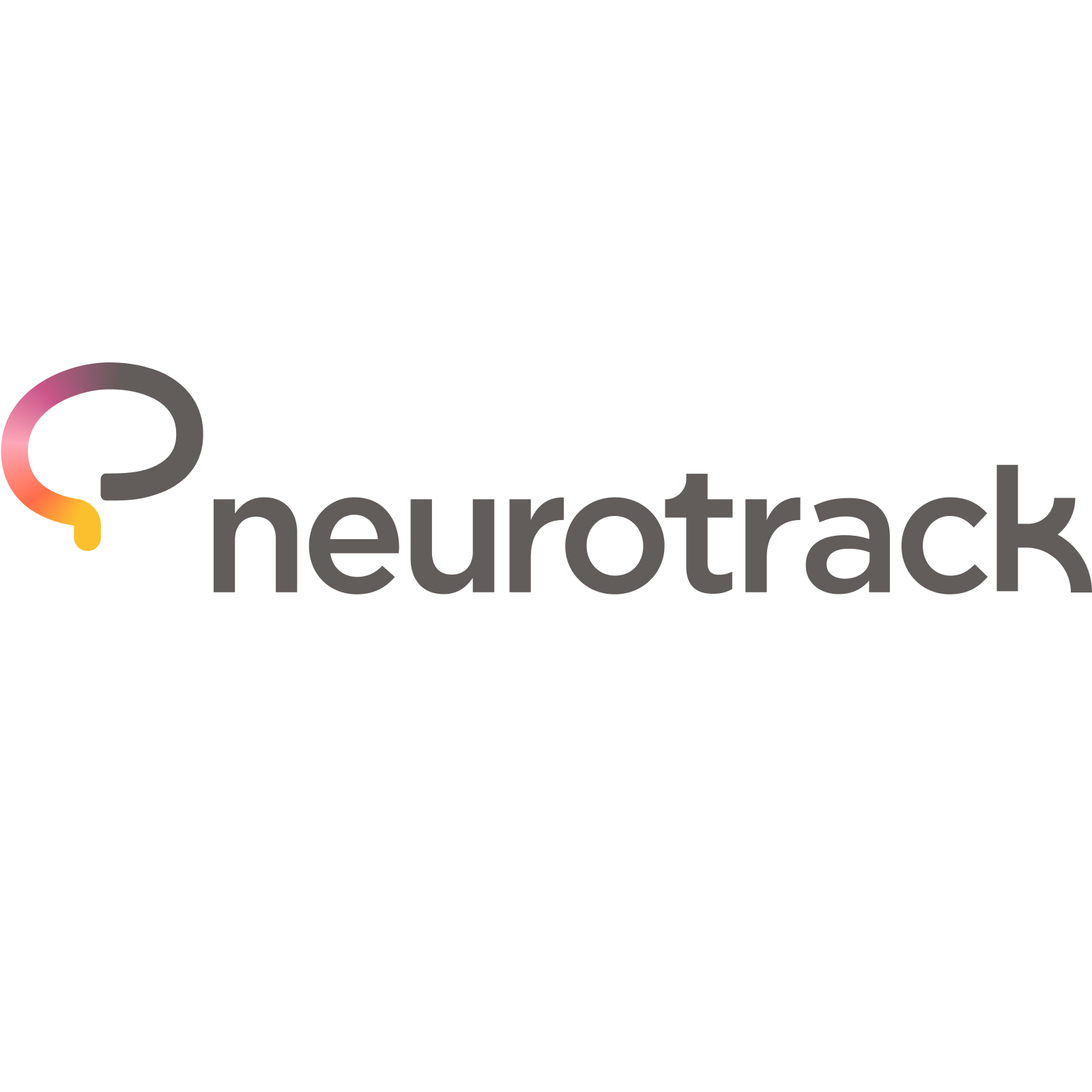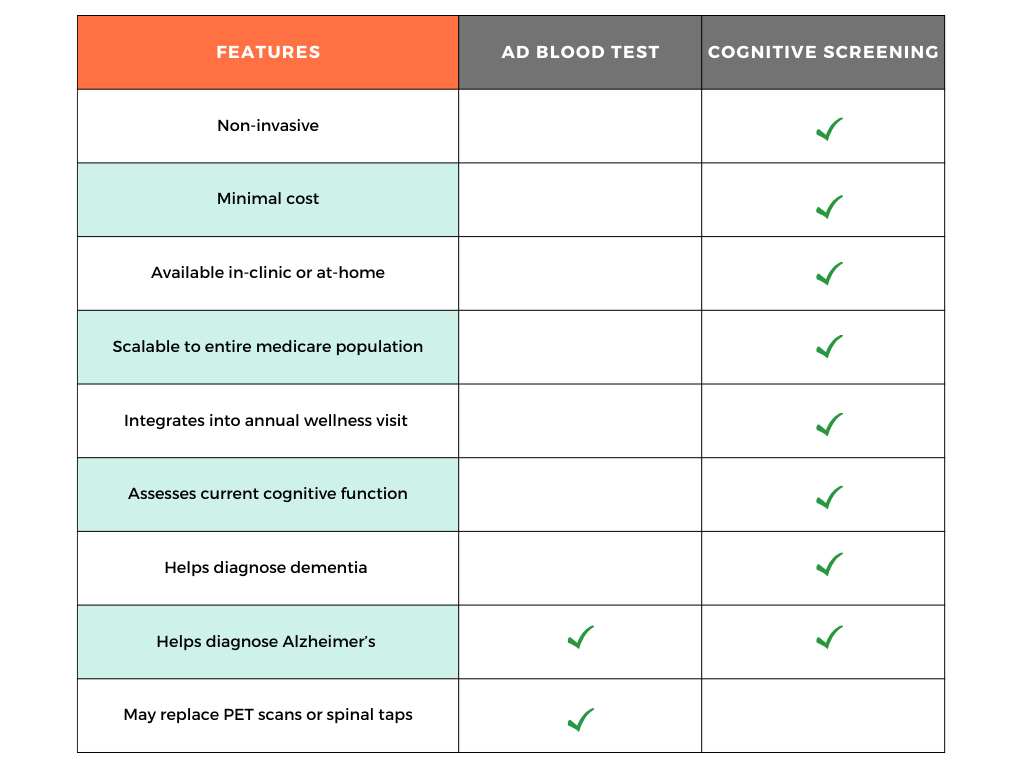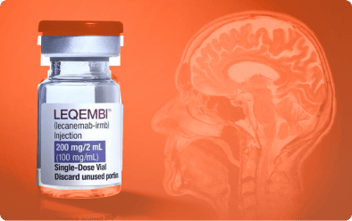

Excitement about the effectiveness and availability of blood biomarker testing for Alzheimer’s disease (AD) has created confusion around whether there’s still a need for other important tools, like cognitive screening. The answer is simple. Cognitive screening is integral to monitoring brain function and identifying impairment in older adults. (But even cognitive screening makers like Neurotrack are excited about blood biomarker testing. And we’ll explain why in a moment.)
First, it’s helpful to review the advantages of each tool.

Alzheimer’s blood tests and cognitive screening are not rivals; they complement each other. In fact, they are used at different points in the process and for different reasons. Let’s go over the steps involved.
Initial screening for cognitive impairment
Cognitive screenings, especially rapid, digital ones like Neurotrack’s, offer tremendous promise as a first-line, routine component of annual wellness visits. They satisfy Medicare’s requirement to screen for cognitive impairment during this annual checkup, in a frictionless, standardized way. When providers assess all adults 65+ routinely, people with impairment (mild, moderate, or severe) will no longer slip through the cracks. It opens the door to early diagnosis and meaningful intervention for all.
Further workup to diagnose
After identifying cognitive impairment, the doctor still needs to pinpoint the cause. There are a number of highly treatable conditions that can result in thinking and memory issues, including overmedication, vitamin deficiencies, sleep apnea, depression, and more. It's essential to address these or rule them out.
Honing in on Alzheimer’s
Next, the doctor will try to differentiate between Alzheimer’s and other dementias. Alzheimer’s is unique in that it produces tell-tale plaques and tangles in the brain. These markers were once only identifiable via PET scan or spinal tap, but now the new blood tests can detect protein levels associated with amyloid plaques in particular. While these blood tests are expensive at $400+, and not yet widely available, they are cheaper and will likely prove to be easier to arrange than a PET scan and are less invasive than testing cerebrospinal fluid. Given that there’s a specialist shortage, reports of waitlists 9 months or more, and the fact that blood tests may give PCPs more confidence to manage these conditions, the advent of biomarker blood tests is reason to celebrate.
Not a crystal ball, but real progress
While Neurotrack's screener streamlines cognitive function measurement, these new blood tests may simplify a key step in Alzheimer’s diagnosis and staging. Anyone whose loved one waited months or years for an Alzheimer's diagnosis knows this is a promising combination. Still, it’s important to remember the limitations involved:
- A cognitive screening evaluates functional readouts and brain function, essential to any initial evaluation of cognitive health. You can’t get those from a blood test.
- Alzheimer’s blood biomarkers are unique to Alzheimer’s and they don’t appear in dementia. The new blood tests are limited in use to Alzheimer’s diagnosis and staging. They don’t help differentiate between other dementias (e.g., vascular, Lewy body, frontotemporal).
- Our understanding of the impact of plaques and tangles on brain function is still developing, and the effects may not be universal. There are people with these biomarkers who do not experience any noticeable changes in cognitive function. Others have observed that people of color are disproportionately affected by AD, but seem less likely to have these biomarkers. It’s an important indicator for many, but certainly not all.
- Operationally, labs handle Alzheimer's blood testing separately from the standard blood work taken during annual visits. These tests require a separate blood draw and analysis in a specialized lab that doesn’t exist in all locations or within many health systems.
- The blood biomarker companies themselves make it clear that the tests should not be used for screening, but rather as part of a neurological workup as a replacement for PET scans, which are significantly more expensive, or spinal taps, which are more invasive.
- Insurance does not yet cover the $400+ cost of blood testing.
All that said, it’s a thrilling moment for those of us who work in this field, and this is just the beginning. We look forward to more exciting developments in this space!




